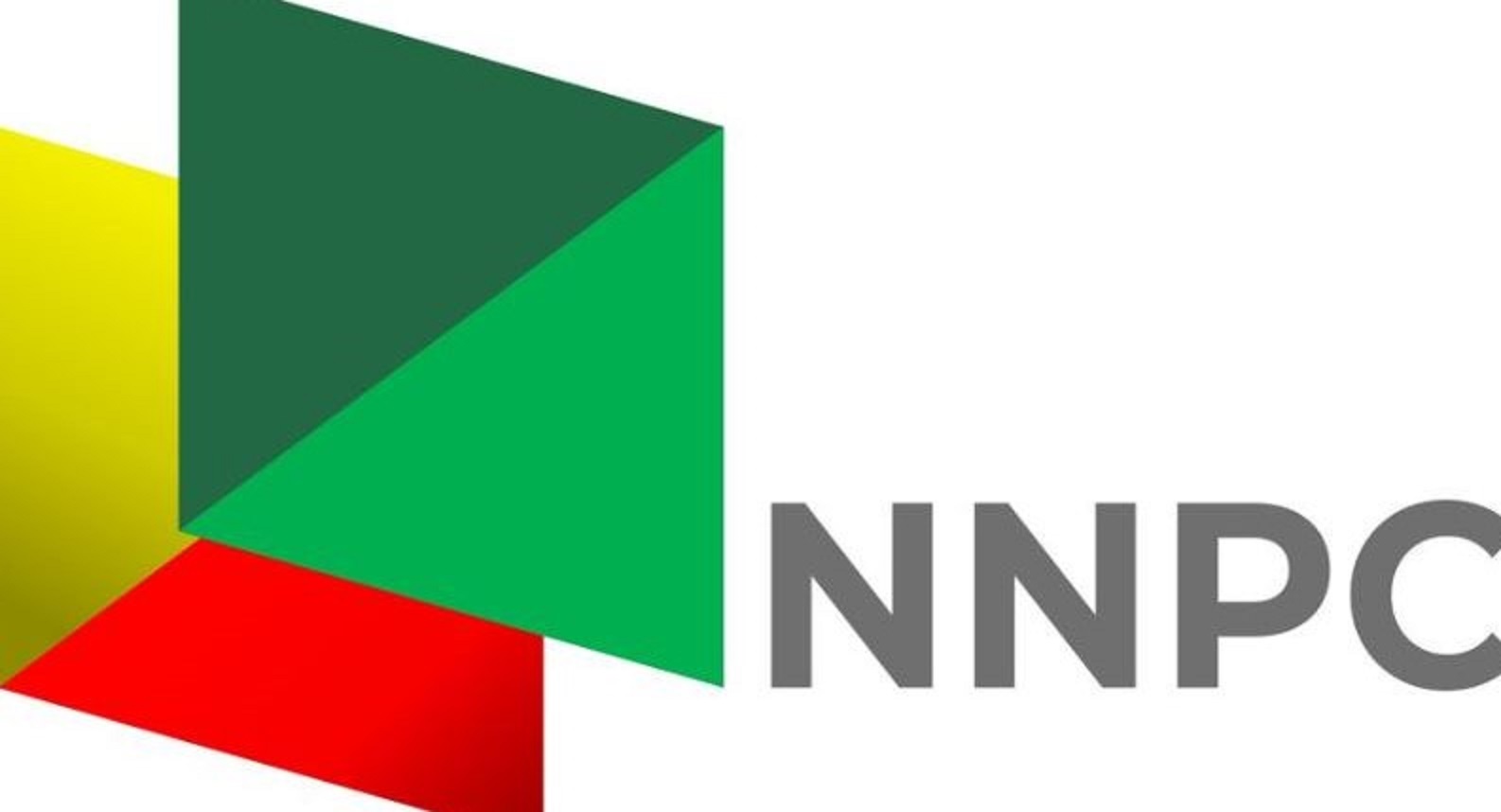The N100 billion Sukuk bond floated in September 2017 and being celebrated as “successful” by the federal ministry of finance is unjustifiable and retrogressive, taking all prognosis into consideration, a Civil Society Organization,Social Action said in a statement.
According to Vivian Bellonwu-Okafor, head, national advocacy centre, Social Action “It is indeed sad that the economic managers of the country instead of being sober and moderate are celebrating what in reality is a further retrogression into a debt trap of which the country labored strenuously to exit and did do so at a very huge cost, only a few years ago (2005).
Social Action said further: “Facing reality, the Sukuk bond is no free money; it is a loan of which the country must repay and with Interest over the years. Questions are; is the loan acquisition needful and indeed healthy to the economy at this material time? What are the terms and conditionalities of this loan contract? What is the capacity of the country’s economy to repay this debt? What/Where are the monitoring measures put in place to enforce the judicious use of this loan funds?
“These are pertinent questions and issues the Ministry of Finance and Debt Management Office as it were would instead of spiritedly dealing with, would rather be reeling on an ominous celebration of debt.
“The history of Nigeria with loans has been a chequered one; past and successive administrations in both the federal and state levels had taken easy but dangerous recourse to acquiring loans that were in most cases frittered away via outright looting and in other instances funded items which hardly added concrete, measurable value to the economy. This situation practically enslaved the country to IFCs and virtually held the nation and its economy by the jocular. With the painful exit from that indebtedness in 2005, Nigerians had hoped that government would subsequently toe a wise path and learn to prudently manage the country’s resources, plug leakages and prune its expenditure to match revenue income in order to guard against a relapse into the debt burden.
The CSO added,”This has sadly not been the case as data has shown that the country’s debt profile has been on a steady increase. Indeed, between 2012 and 2017, Nigeria’s debt profile rose by $15.7 billion, bringing the nation’s debt stock to a staggering $64.1 billion in just six years, from $48 billion in 2012. For a country that continued to borrow, even when its revenue was dwindling and does not match expenditure profile, it was thus not surprising when the country relapsed into recession.
Social Action and indeed other well-meaning bodies and individuals, the statement said, have variously raised alarm over this dangerous trend and held that this thoughtless recourse to borrowing was unnecessary given that with proper planning, the country can raise sufficient revenues from the countless leakages strewn all over the system, from pulling the Treasury Single Account, TSA resources as well as the enormous corruption proceeds that have continued to accrue into the nation’s coffers amongst many other processes.
“This anti-debt alarm by Social Action and others has been fully corroborated by no other body than the World Bank itself which has in a recent report in July, stated unequivocally that Nigeria’s debt servicing has become unsustainable.
“What more does the government need to hear before it knows that it should stop? Indeed, just a look at the nation’s budget will show that clearly, debt servicing has effectively compromised the country’s development. The nation’s economic managers must therefore quit this macabre dance and face reality. Government cannot continue to amass debt that it will simply pass the burden unto generations of innocent children, men and women to carry.
“While we again call for restraint on loan acquisitions (especially at this material time of the nation’s economic situation), we strongly urge the relevant oversight bodies, particularly the National Assembly (committees on Foreign and Domestic Loans) and the Fiscal Responsibility Commission to rise to their responsibilities to checkmate these excessive borrowings by way of Moratorium placement on further borrowings while instituting thorough investigations into acquired loans to see how to get Nigeria and Nigerians have some marginal benefits from these loans.”
Social Action on its part, the statement said “will continue to closely monitor bodies and actions around these loans and will continue to take steps to ensure that the masses are safeguarded from debt enslavement.”



